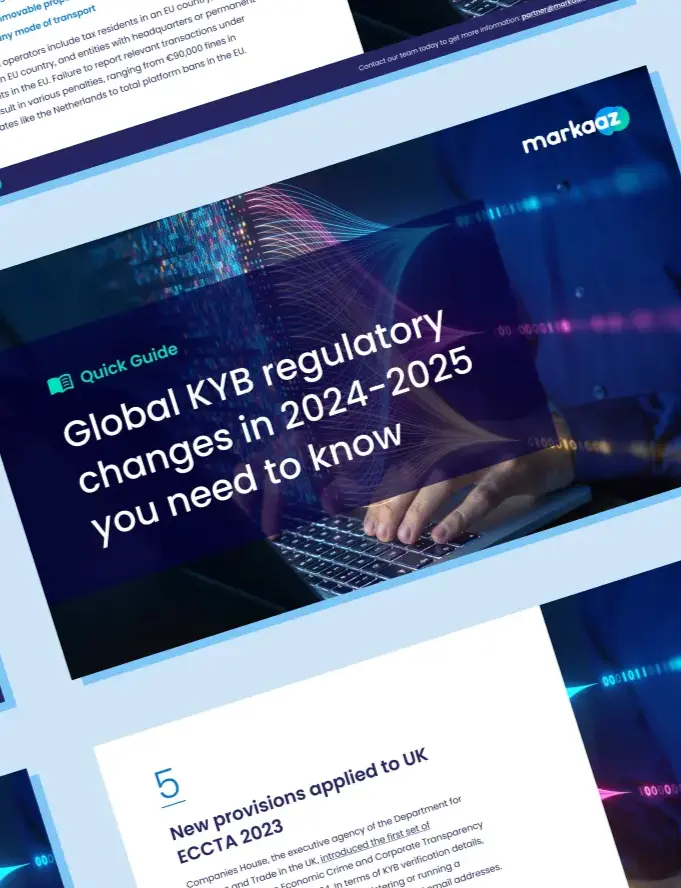Small businesses can have a surprisingly significant impact on the environment. It’s up to you as a small business owner to make that impact positive.
Consumers are more willing than ever to invest in eco-friendly products to protect their families and the planet’s future. Customers take notice when businesses become more eco-conscious – the numbers speak for themselves:
- 68% of millennials surveyed purchased a product with an environmental benefit in the past year.
- 81% of consumers believe it’s essential that companies implement programs to help improve the environment.
- 63% of Americans surveyed hope businesses will take the lead to drive ecological change.
Eco-consciousness doesn’t just help you stay competitive in today’s market – it also sends a message of environmental awareness that elevates your brand. We’ve compiled three ways for your small business to be more eco-friendly. Check them out!
1. Getting started
The first step is to check where your business is sustainability-wise. This will help you set obtainable goals for eco-friendly business practices.
This is an excellent way to take stock of both what you can do and get out of being more eco-friendly. As displayed in the above statistics, sustainable business practices pay off because consumers support eco-friendly company practices.
2. Reduce single-use plastic
Single-use plastic accounts for about 150 million tons of waste each year. Fortunately, there are reusable counterparts you can use to cut back on that waste.
You may rely heavily on single-use items for take-out and delivery if you own a cafe, restaurant, or coffee shop. To keep excess plastic waste out of landfills and oceans, consider switching to compostable or recyclable plates and cutlery. Similarly, if you own a retail location, you might consider replacing single-use plastic bags with reusable bags or sustainable packaging.
You’ll reduce your business’s carbon footprint by switching to compostable or non-plastic materials where applicable.
You can also reduce your environmental impact within your team. Suppose you and your employees rely on a single-cup coffee maker to power you through the workday. Chances are going through hundreds of plastic coffee pods a month, not to mention any additional waste if you use single-use paper or plastic cups and lids.
Instead, switch to a traditional coffee maker with compostable paper filters (coffee grounds are great for compost!) or a washable filter and have employees bring in personal mugs. These simple changes can allow environmentally conscious companies to reduce their environmental impact. Eliminating single-use coffee pods, cups, and filters is not only eco-friendly – it’s also more cost-effective.
3. Lower Energy Usage
Every year, small businesses in the US spend more than $60 billion on energy. By becoming more energy-efficient, your business can save money and reduce its carbon footprint.
There are several ways your business can reduce its energy usage, including:
- Investing in energy-efficient appliances: While upfront costs may be higher, energy-efficient appliances will save you money in the long run and significantly lower your energy costs.
- Replacing incandescent bulbs with LEDs: LED light bulbs are the next best thing to natural light. Incandescent light bulbs use 25% to 30% more energy than LED bulbs, which also have the benefit of lasting longer.
- Installing timers on lights: Timers and sensors mean you don’t have to worry about lights being left on all day in a bathroom or break room.
- Unplugging electronics at night: Often, electronics don’t stop drawing electricity when they’re powered off. Instead, these energy vampires go into standby mode and continue to pull energy. Over time, these devices can add up to 10% to your energy bill, so make sure to unplug any unused electronics.
These changes can help your business save thousands every year. For example, the River Run Bed and Breakfast owners in Kerrville, Texas, saw savings of $2400 per year after installing energy-efficient lighting, better insulation, high-efficiency heat pumps, and smart thermostats.
The Bottom Line
By implementing the eco-friendly practices listed here, you can establish yourself as an environmentally conscious business and attract customers who support sustainable practices.
At Markaaz, we’re dedicated to not just supporting small businesses – we are also focused on being eco-friendly. We are a proud member of the UN Global Compact and follow their 10 Principles of Sustainability in everything we do. Join us in impacting both eco-consciousness and the small business sector. Learn more about our all-in-one Dashboard and how we’re shaking up the industry.




